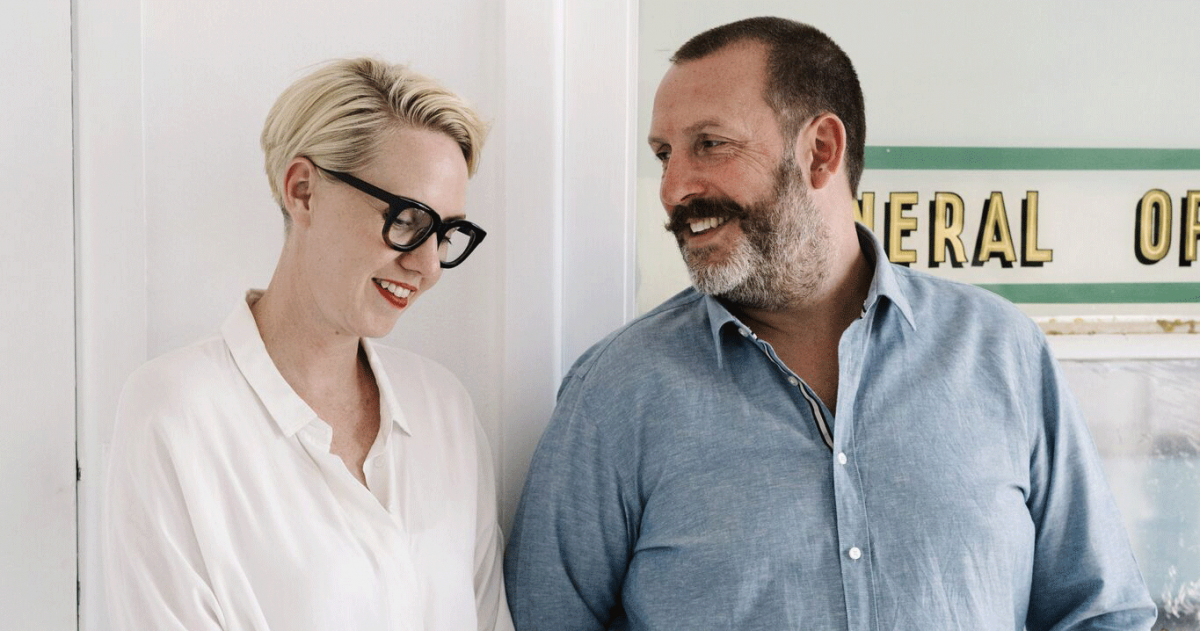Sustainability is the new black, and these brands are taking transparency to the next level, publicising details of the production chain so consumers can make informed choices.

That retail is all about ‘sustainability’ is nothing new. But accountability is something that’s become more and more in vogue. It’s all very well for an online store to spruik its ‘sustainable’ wares, but what does this actually mean. Consumers want to know.
Earlier this week The Iconic launched Considered, a sustainable fashion vertical that allows consumer to filter results by different values. David Jones also announced Mindfully Made, where customers can find almost 1000 sustainable products. It has also published a list of factories that make its products including locations and demographics of employees. While it currently lists 70 percent of its private label factories, its intent is to publish 100 percent of its supplier partners as well.
ELK is also making every element of its production open to consumers with the publication of Transparency Report.
“We are not following a trend – we are on this journey because we want to be, and because we have to be. We have produced a transparency report with a depth of analysis that sets the benchmark for other brands. We are part of a greater movement that will create change,” says Marnie Goding, Co-Founder of ELK.
The Report is an in depth and concise account detailing where and how ELK products are made and by whom. Providing complete business transparency, from internal operations, to exploring all fabrications and materials used, to listing their tier one suppliers, allows ELK to be held accountable.
Goding and Co-Founder Adam Koniaris feel by sharing their journey with their community, through the creation of this report they are creating a platform to open up the conversation and provide complete transparency to their customers, business partners and team. It also means that other businesses will have no choice but to follow suit, paving the way for other businesses to make progressive change.
The report shows that in the last year:
- 92 percent of materials used by ELK are from natural or renewable resources
- ELK reuse or recycle more than 90 percent of rubbish produced at their facilities in Australia
- All printed ELK garments are designed with multi-directional all over repeat prints to reduce wastage
- 83.7 percent of ELK permanent employees are female
The 2019 Ethical Fashion Guide published this month reveals that many retailers are still missing the mark when it comes to sustainability, with many brands hesitant to become fully transparent.
Like this story? Visit powerretail.com.au and sign-up for the free Pulse Weekly Newsletter for more essential online retail content.

